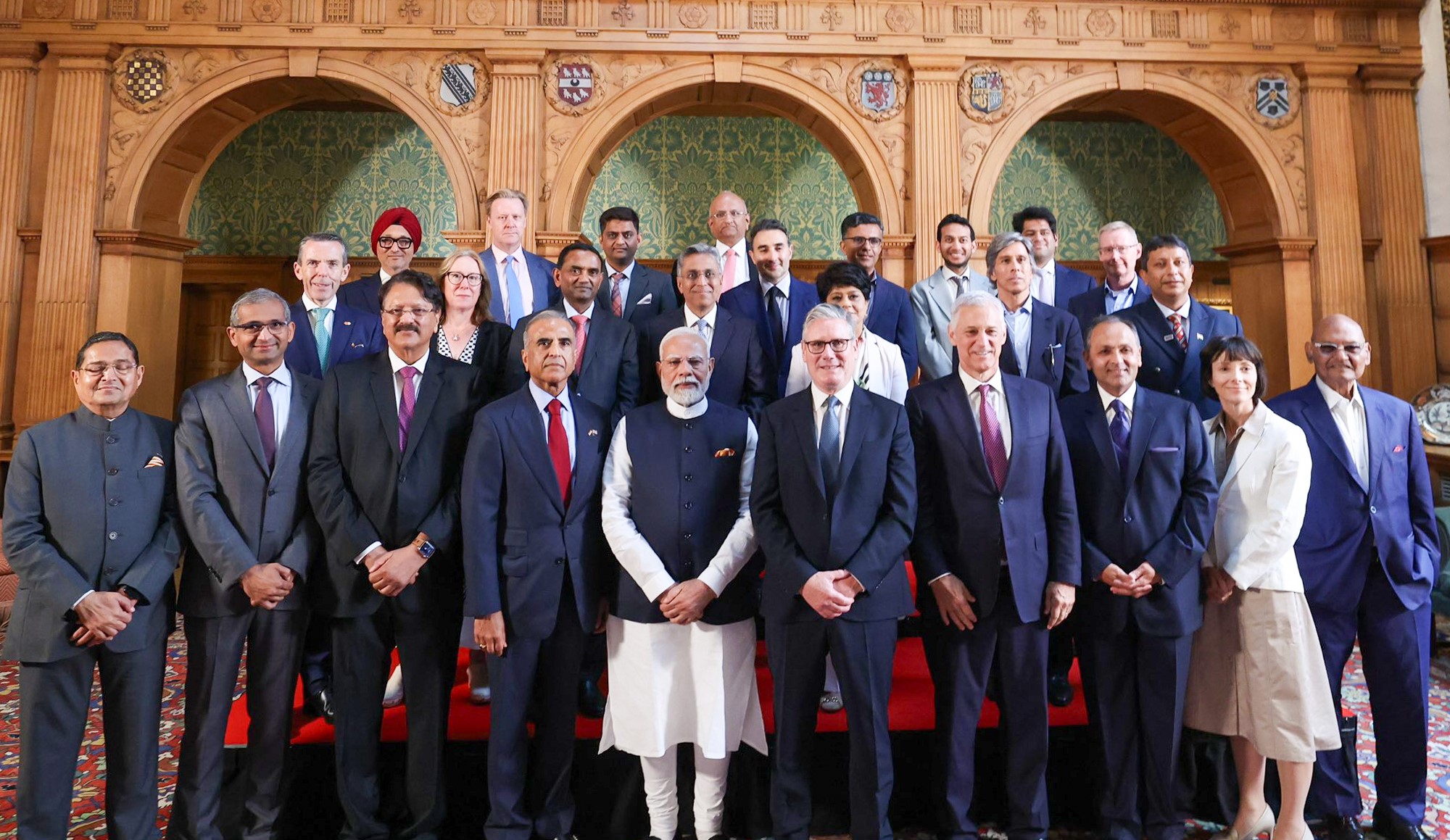The Trade Promotion Council of India (TPCI) has termed the India-UK Free Trade Agreement (FTA) a “landmark economic achievement,” saying it will open up new opportunities for Indian exporters across key sectors.
Calling the deal “visionary,” TPCI Chairman Mohit Singla said the agreement supports the development of globally competitive Indian brands, while advancing rural growth and India’s integration into global value chains.
India’s total trade with the United Kingdom touched $23.1 billion in FY2024–25, with exports rising 12.4 per cent to $14.5 billion. Imports grew marginally by 2.3 per cent to $8.6 billion, resulting in a trade surplus of $5.9 billion.
The FTA is expected to drive agricultural exports, with zero-duty access granted to over 95 per cent of Indian farm and processed food products. These include fruits, vegetables, cereals, coffee, tea, spices, oilseeds, alcoholic beverages, and ready-to-eat items. According to TPCI, this could push agri-exports to the UK up by over 20 per cent in the next three years.
The seafood industry is also set to benefit, with Indian exporters gaining tariff parity with EU countries like Germany and the Netherlands. The UK’s $5.4 billion marine market will now be accessible duty-free, potentially benefiting fisherfolk in states such as Andhra Pradesh, Odisha, Kerala, Gujarat, and Tamil Nadu.
In addition to goods, the FTA also addresses mobility and services. Ashish Kumar Chauhan, MD and CEO of the National Stock Exchange (NSE), said Indian professionals working in the UK will be exempt from paying social security tax for up to three years — an annual saving estimated at ₹4,000 crore. He also said the new visa framework would allow for longer professional stays, adding that the agreement sets a precedent for FTAs with other major economies such as the US, EU, and Japan.
The engineering sector has also welcomed the agreement. EEPC India noted that the UK, India’s sixth-largest engineering export destination, posted 11.7 per cent growth in trade during 2024–25. With the FTA eliminating tariffs of up to 18 per cent on key engineering items, exports are expected to gain further traction.
EEPC India Chairman Pankaj Chadha said the deal could help double engineering exports to the UK to over $7.5 billion by 2029–30. “It is a strategic breakthrough that will energise the sector, particularly MSMEs, and strengthen India’s role in global supply chains,” he said.
—IANS














